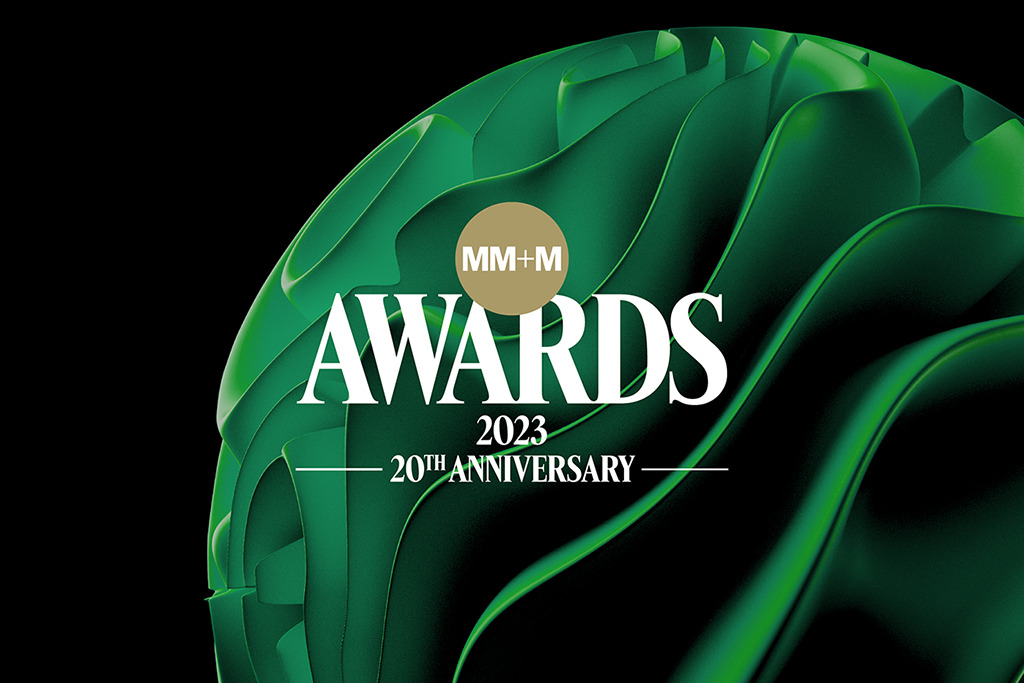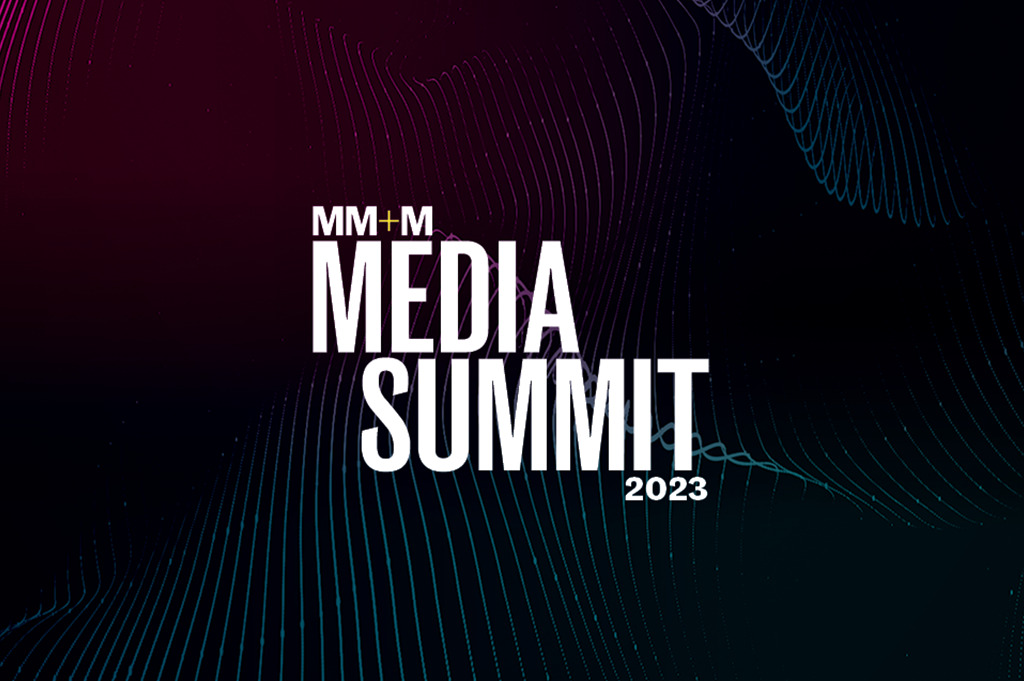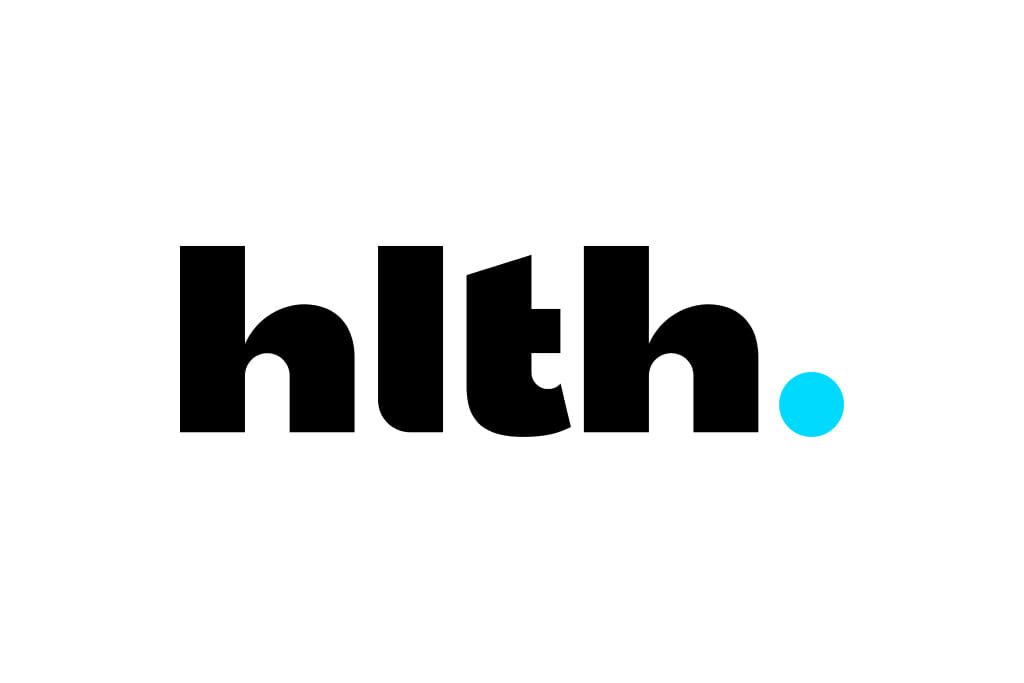The final day of Digital Pharma East 2023 kicked off Wednesday morning with a group of keynote sessions that focused on harnessing the large amounts of data available in healthcare — as well as the potential that AI holds for pharma marketing.
Even as new buzzwords like AI – and old ones like omnichannel — were popular topics this year, Doceree CEO Harshit Jain argued that data is still the common theme linking them all together.
The healthcare industry produces about 30% of the world’s total data volume and it’s only expected to grow further, but healthcare marketers are still struggling to harness it fully.
In his keynote speech, Jain pointed to Samuel Coleridge’s poem The Rime of the Ancient Mariner and its famous line: “Water, water, everywhere, but not a drop to drink” — and compared it to the marketer’s problem with data.
“All agencies, all brands want to move the needle,” he explained. “Still, the pace of progress is limited.”
There are multiple challenges marketers face in evolving.
First, there’s a complex regulatory framework around data that keeps changing. The second is the inability of different data points to come together, while the third involves data being siloed off.
“We know that in our world of life sciences and healthcare, there are limitations to being able to share information even within companies,” Jain said.
Jain concluded his talk by hoping the industry will reach a state that he deemed the “Rime of the modern marketer” — which entails free access to data, marked by the ability to use it to power any experience and slice and dice it in different directions — within the limitations of privacy regulation.
The next session, led by Ben Greenberg, SVP and GM of commercial products at Doximity, focused on how AI can help healthcare marketers assist doctors in saving time and ideally, battling burnout.
Greenberg echoed past panelists at DPE this year, saying that we’re at a point of transformational change. (One slide during his presentation showed a stick figure standing before an exponential rise in human progress).
Still, how can marketers delineate the difference between past buzzwords that generated plenty of hype but resulted in a less-than-satisfying result?
“Blockchain, metaverse, VR, wearables were hardly the real mover that a lot portended them to be,” Greenberg said. “A good way to look beyond the hype is to focus on users and what users do, versus what Big Tech or the media tell you they’re going to do.”
This is best evidenced by the fast user uptake of AI tools like ChatGPT, which reached one million users within just five days. Google searches for ChatGPT have even dwarfed searches for Kim Kardashian, Greenberg said.
Much of the fear that AI will replace jobs is also fading, Greenberg argued, as both physicians and marketers realize it’s already being used to free up time.
“Mathematicians didn’t go extinct by the existence of a calculator,” Greenberg said. “The same thing will occur with AI. Physicians are leaning in.”
One new AI product from Doximity, DocsGPT, was launched a few months after ChatGPT. The HIPAA-compliant AI writing assistant is designed for physicians, and can save doctors hours every week on busy work like writing appeals to insurance companies or writing explainers on test results for patients.
The tool currently contains a library of 200,000 prompts. Simply by going to the “explain test results” prompt, for example, physicians can quickly generate a letter that breaks down the meaning of a patient’s test results, give advice to the patient – and even translate the whole thing to Spanish or another language as needed.
With 70% of physicians reporting they feel overextended — and burnout being a major burden to the clinician workforce — AI may help ease some of that strain and “drive significant wins” for marketers and physicians, Greenberg said.










